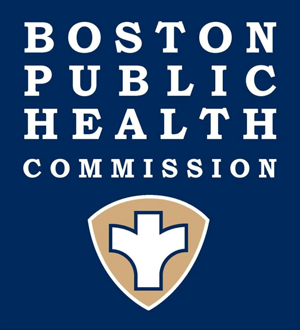Full Knowledge Base
Welcome to the DelValle Institute for Emergency Preparedness Knowledge Base
This knowledge base serves as a repository for emergency preparedness resources focused on Emergency Support Function 8 (ESF-8, Public Health and Medical Services) and related public safety topics. The content in this knowledge base is based on local and national best practices. Documents developed by the DelValle Institute are distinguished by a download icon ![]() .
.
Shelter Operations and Functional Needs Support Services
The resources provided throughout this knowledge base topic provide ESF #8 supporting agencies with a framework for the consideration of Functional Needs Support Services (FNSS) in shelter planning and operations as outlined by FEMA guidance issued in November 2010. FNSS services enable individuals to maintain their independence in a general population shelter. Individuals requiring FNSS may have physical, sensory, mental health, and cognitive and/or intellectual disabilities affecting their ability to function independently without assistance. Others that may benefit from FNSS include women in later stages of pregnancy, elders, children, and people needing bariatric equipment.
FNSS includes:
- reasonable modification to policies, practices, and procedures
- durable medical equipment (DME)
- consumable medical supplies (CMS)
- personal assistance services (PAS)
- other goods and services as needed
Often, it is assumed that during a disaster, populations requiring FNSS must be housed in a medical special needs shelter. Children and adults with functional needs do not necessarily have medical conditions, and typically do not require the care that medical shelters provide. Diverting to medical shelters can result in the separation of individuals with functional needs from family, friends, neighbors and caregivers. In addition, inappropriate placement can jeopardize the health and safety of the entire community by creating unnecessary surges on emergency medical resources.
Topic Home | Next »

